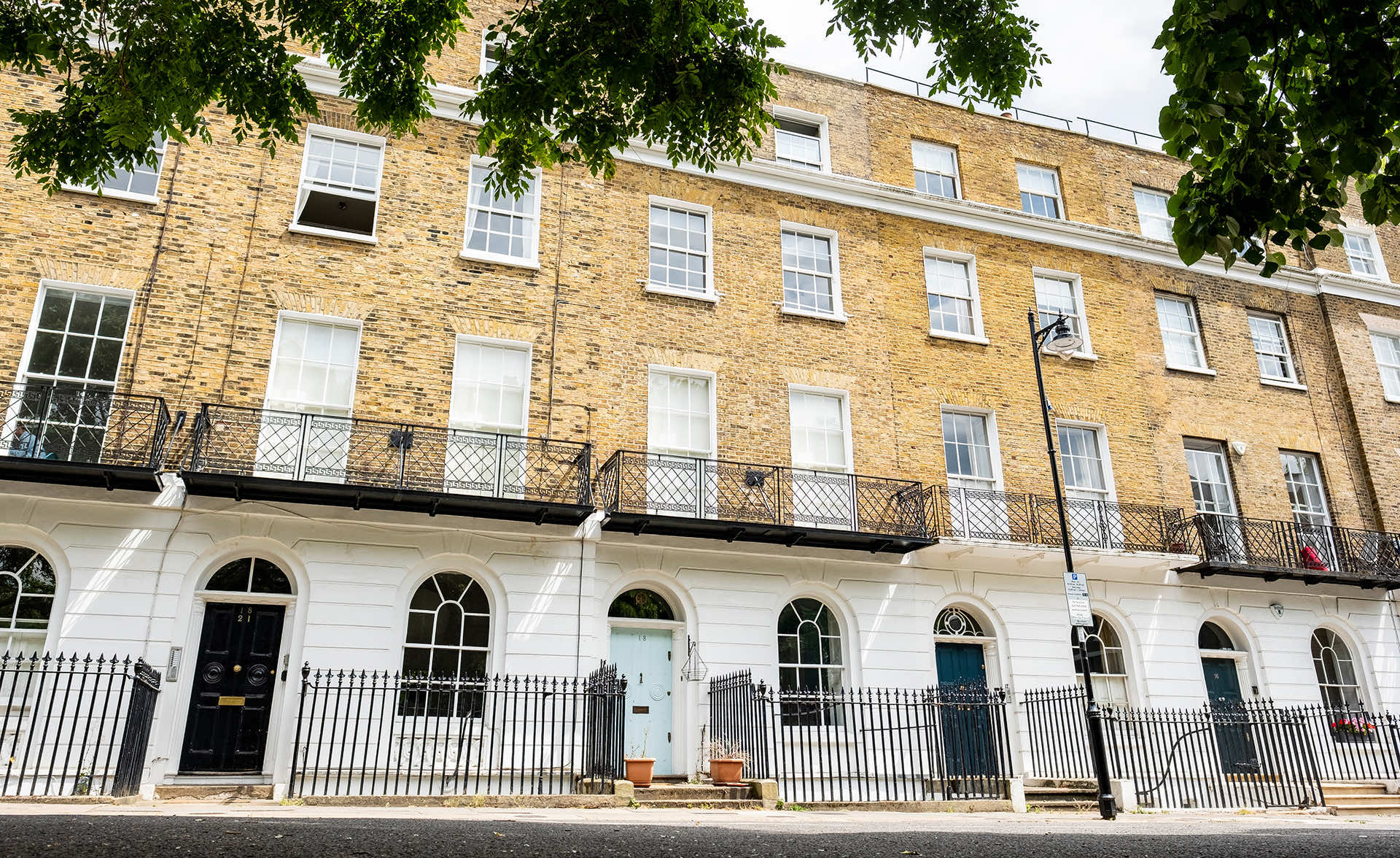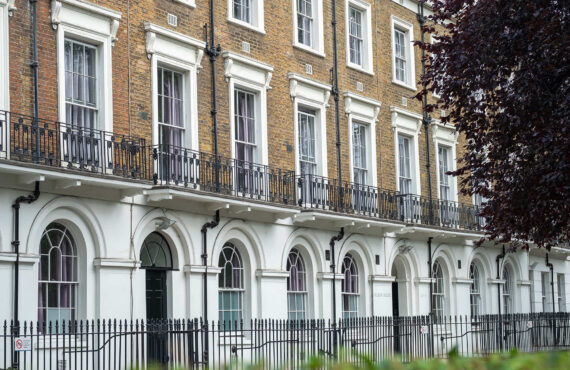
With inflation sticking at 2.2 per cent in August, just above the Bank of England’s 2 per cent target for the second month in a row, the Bank made the decision to hold interest rates. The Monetary Policy Committee voted eight to one in favour of holding base rate at 5 per cent in September, with only one member voting to cut rates to 4.75 per cent.
Andrew Bailey, Governor of the Bank of England, said that it is “vital that inflation stays low”, which means “we need to be careful not to cut too fast or by too much”. He added that rates will be reduced “gradually over time”, with the markets expecting the next rate reduction to come in November.
With the Federal Reserve lowering interest rates for the first time in more than four years this week with a bigger-than-expected cut, and other central banks cutting rates, including those in Europe and Canada, inflationary pressures are perceived to be on the wane. Concerns have grown about risks to the wider economy from high interest rates.
While UK interest rates may have been held at 5 per cent, the housing market has been given a boost by falling mortgage rates as lenders compete for business. Lower Swap rates, which underpin the pricing of fixed-rate mortgages, have enabled lenders to reprice lower, with several five-year fixes now available at sub-4 per cent and even a two-year fix at this price for purchases.
SONIA swaps
18 Sep 2024 19 Aug 2024 19 Sep 2023 1 Year 4.229% 4.475% 5.491% 2 Year 3.814% 4.088% 5.195% 3 Year 3.638% 3.881% 4.912% 5 Year 3.480% 3.663% 4.552% 7 Year 3.429% 3.579% 4.338% 10 Year 3.458% 3.583% 4.196% 15 Year 3.565% 3.672% 4.135% 30 Year 3.597% 3.681% 3.980%
As of 19 September
Source: Chatham Financial
This fall in mortgage rates, combined with August’s rate cut – the first-rate reduction in four and a half years – has given the housing market a boost. Halifax reports that average house prices hit a two-year high in August with prices 4.3 per cent higher than a year ago. Meanwhile, Nationwide building society reports that the UK housing market is at its strongest since the aftermath of Liz Truss’s Budget sent borrowing costs soaring in September 2022. This is illustrated by mortgage approval figures which are at their highest total since then, with the Bank of England reporting that 62,000 mortgages were approved in July.
While it has been reported that concerns about the looming Budget are having a negative impact on activity in the prime property market, those buying or selling in the ‘core’ markets seem to be getting on with moves they may have delayed until rates started to come down, with pent-up demand clearly coming through.






